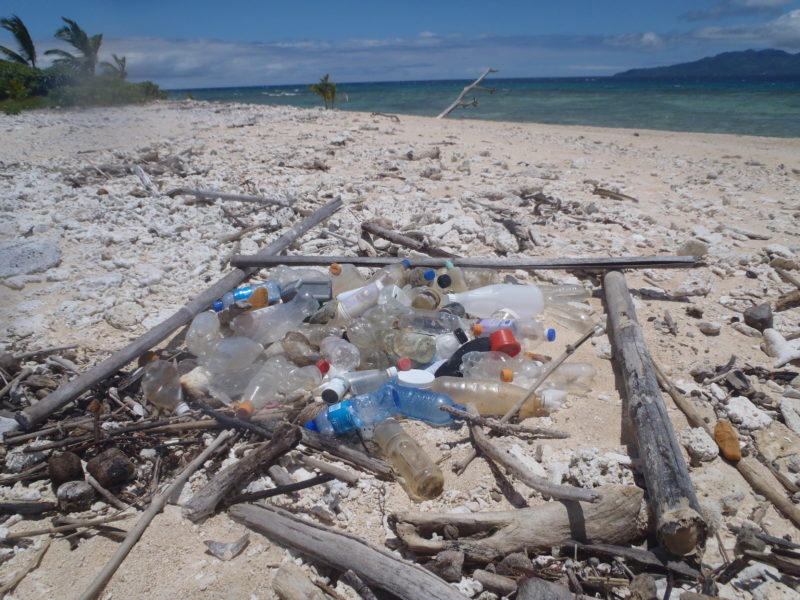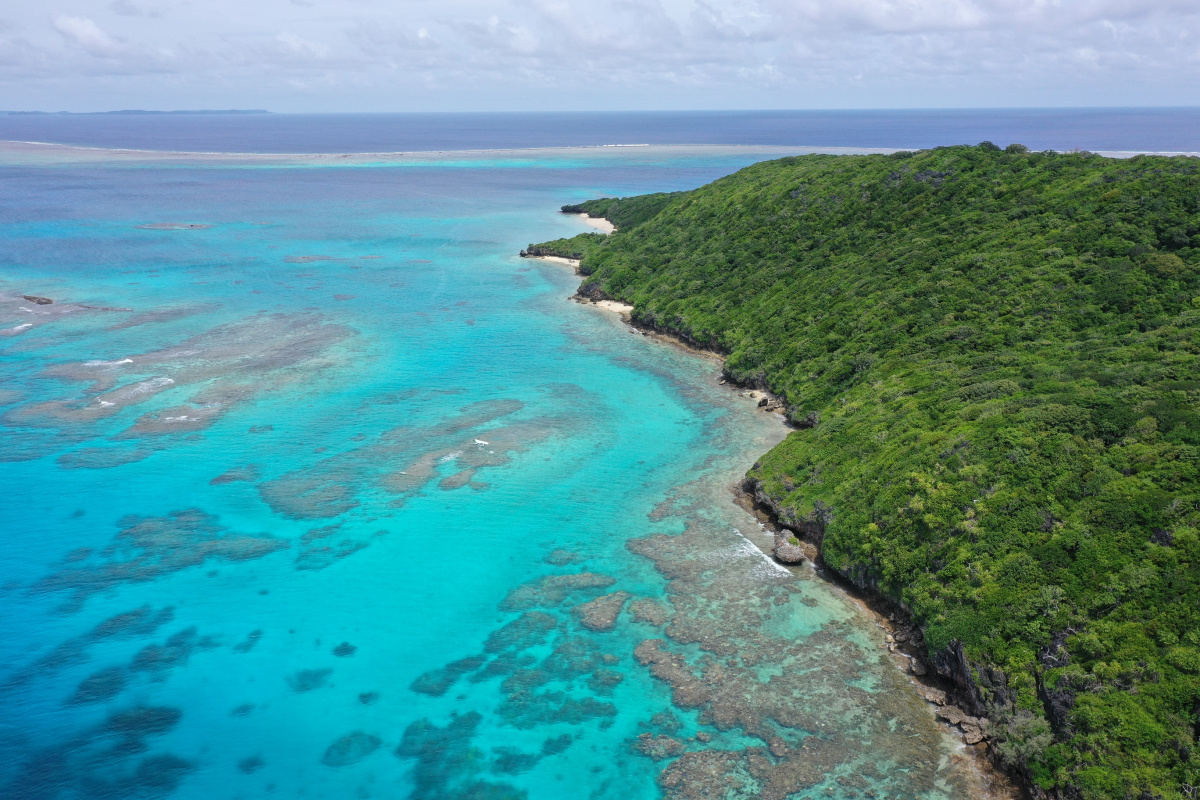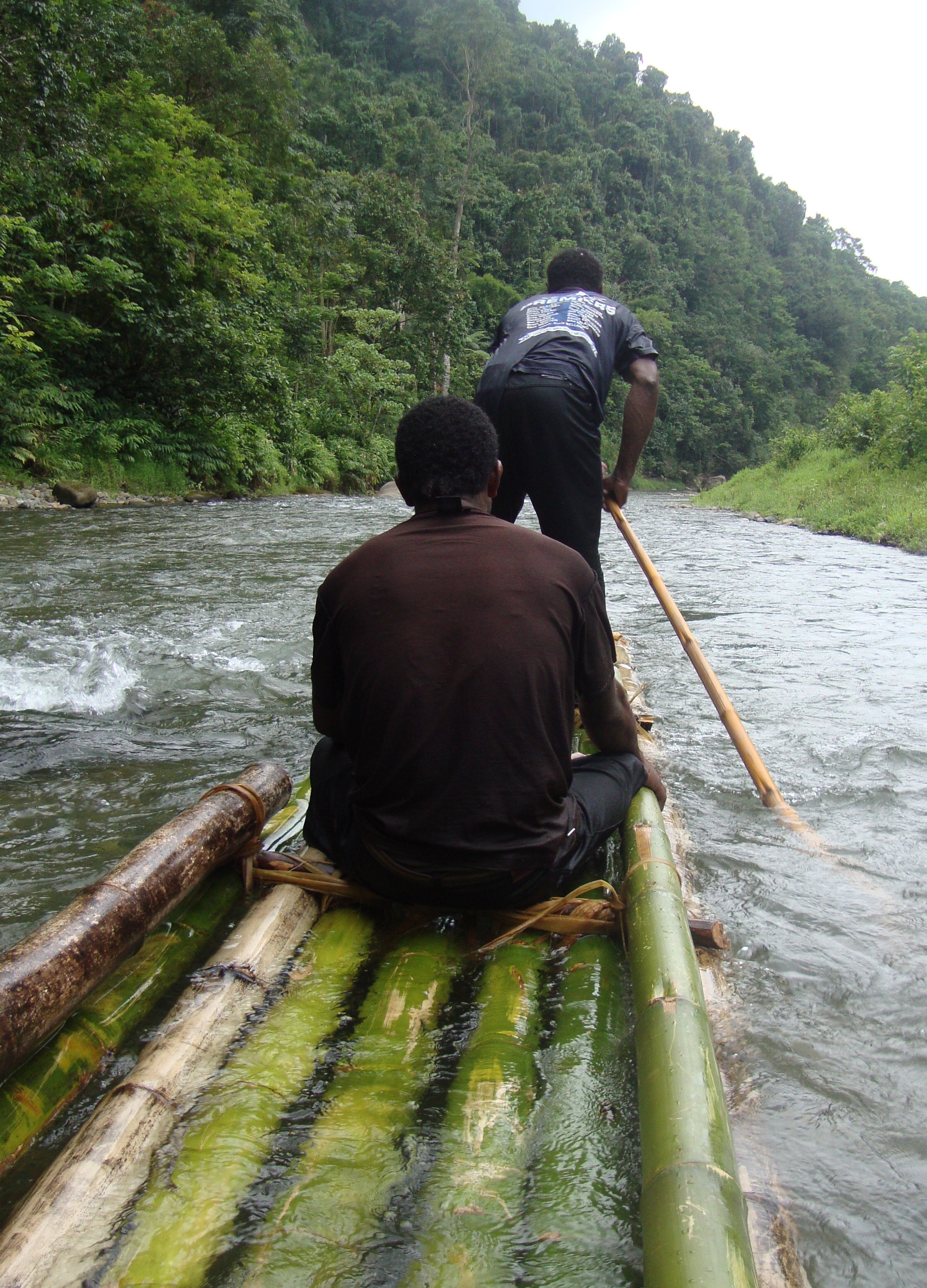My love for Wetlands
As a kid in my early years growing up in Labasa on the Northern side of Fiji, I would always follow the neighbours’ kids who were very well versed in coastal living and were very in touch with the traditional ways of living off the resources in the coastal areas. They were from the island of Serua on the western side of Viti Levu. I was always so mesmerized by how easily passing traditional knowledge came from their parents to their kids – even when the kids were as young as 3 or 4 years old.
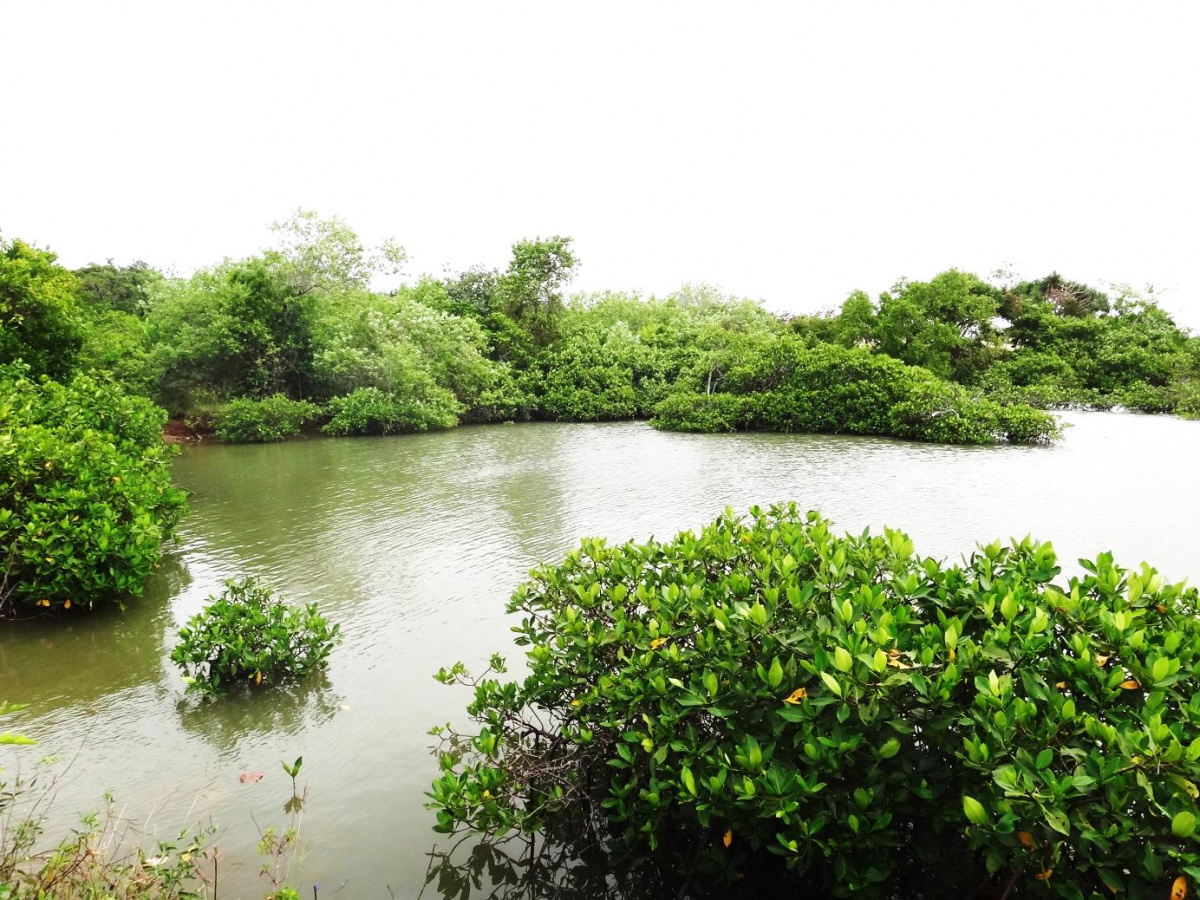
Photo: MESCAL Vanuatu
It also helped that their traditional title in the village was the ‘Gonedau” - the fisherman for the chief. We were living in Long Bay Labasa, which was surrounded by mangroves, and a wetland in itself. It was a whole world of its own when it came to adventures of fishing, firewood collection, or even catching mud crabs (Qari or Kuka in Fijian). It was a childhood paradise of outdoor activities. Back then, we did not have any phones, fancy TVs or any sort of entertainment that involved being in the house. We were always outside making trouble or getting into mischief, which involved some sort of body of water, from culvert for seawater to mangrove areas, to swampy areas. My neighbour’s mother was the nicest person ever that always looked after us when we would go on fishing adventures. She showed us the importance of the mangroves and coastal areas and how they were very much a part of our day-to-day living. She also taught us to only take what we needed.
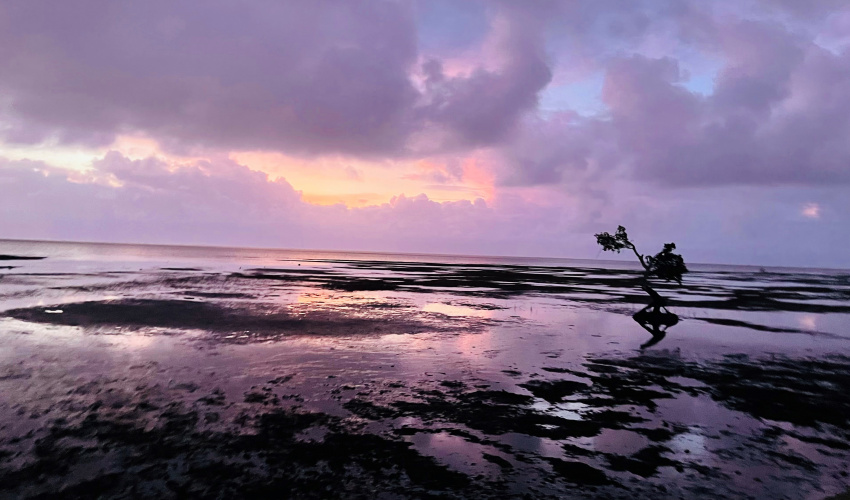 Photo: Lone mangrove at Suva Point - PC Filimoni Yaya
Photo: Lone mangrove at Suva Point - PC Filimoni Yaya
I vividly remember being in the mangroves, rays of light piercing through the mangrove canopy and creating light effects shimmering through to the mud and waters beneath. It would seem unworldly and very peaceful. I always loved that feeling. The best years of my young life were spent on these little adventures in swampy areas near my house. It also helped a lot that my father was always transferred to government stations that were near rivers or mangroves due to his work in the government for the Ministry of Agriculture. Every Sunday morning we would collect the young mangrove shoots (known as ‘jiji’) to take as traditional medicine to cure the many ailments or sweets we took during the week. As a kid, it was always such a dreadful time that I would run away from taking the medicine and hide at the neighbour’s house! Looking back now at all those wonderful memories of having fun with my neighbour’s kids, my friends, my family’s fishing trips, I would not change a thing. My father who loved fishing would often take me out to the mangrove areas or to the sea when he would go for work in the weekends.
Living near swamps, mangroves or bodies of water on land greatly influenced my family’s life. Like many Fijians, the land and the surrounding environment has always played an important role in our lives. We depend on it greatly for daily subsistence and sustenance. I think living so close to these positive influences from the land is what made my parents move to Verata Tailevu. We now live off the land and my parents have found a way to utilise a natural spring of water that flows into our 15 acres of swampy area of land. We now have ponds that use the spring water as a source to go into culturing of Goldfish and Tilapia. We are truly blessed with natural nutrients and beautiful landscapes that we now call home. Growing up with positive experiences of familiarity with wetlands, sea, marine and coastal living greatly influenced my choices in the career path I took.
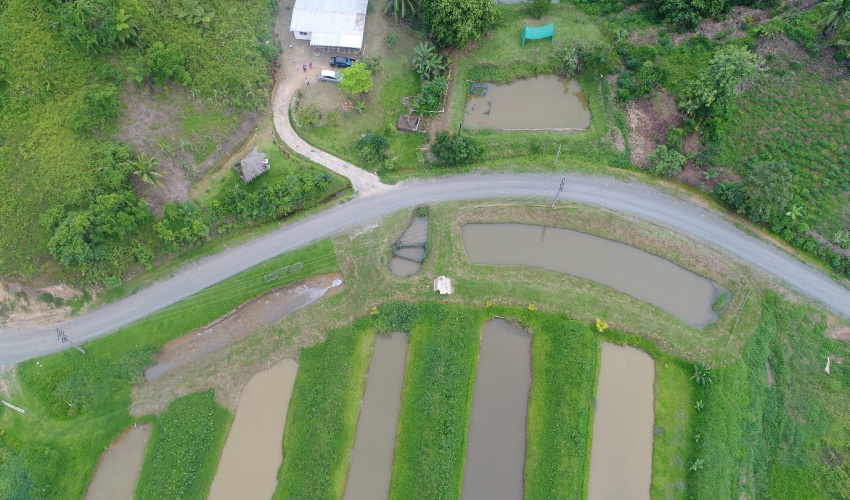 Photo: Verata, Tailevu (Home) - PC Jone Tuva
Photo: Verata, Tailevu (Home) - PC Jone Tuva
In my tertiary life, I enrolled in Marine Science and would soon discover a completely new world of knowledge when I took Conservation Biology with Dr. Brodie. Her love and passion for the sciences in conservation is so overwhelming. We could see the passion and love she had for protecting all areas of ecosystem biodiversity. My career has been influenced by great mentors such as Dr Joeli Veitayaki, Ms. Salote Waqairatu and Mr. Johnson Seeto to name a few. Studying Marine Science in USP was a great privilege; it was also a revelation for me personally. I became so used to the fact that mangroves or swampy areas near our homes were just fun places to hang out and do mischievous playing. I now had profound knowledge of ecosystem biodiversity of areas that I took for granted as playgrounds for curiosity. These areas are not only nurseries to many living organisms or creatures it was a natural source of barrier from harsh weather conditions, source of fuel, source of traditional medicine. We depend so much on these wetlands that we tend to forget that everything is connected, what affects one of us affects all of us. As the years went by my knowledge got more reinforced by the work I did for carbon monitoring for UN FAO and the work in oceans from inshore to offshore.
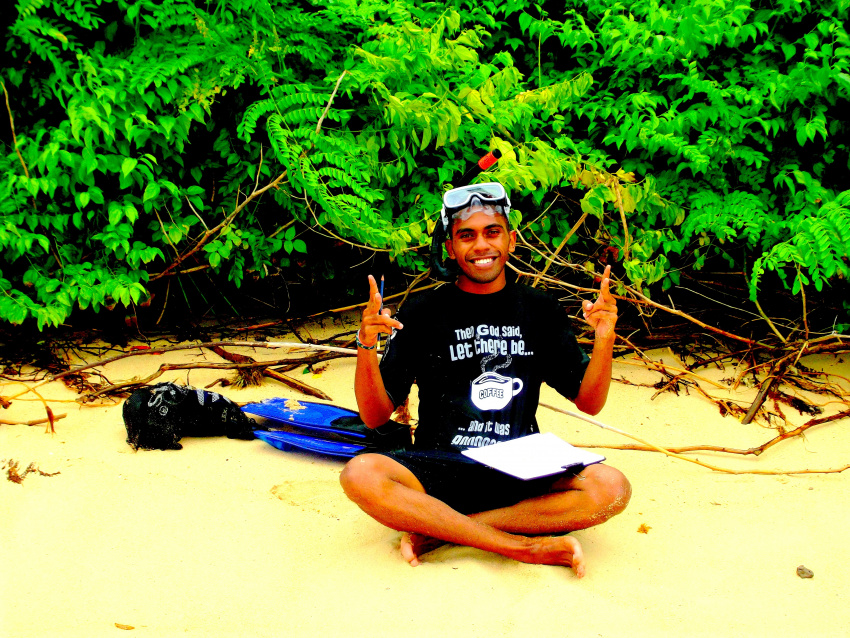

USP Marine Science field work - PC Johnson Seeto & USP tutors.
As part of my new-found love of wetlands, I now always love to volunteer my time to cleaning the beach or being part of clean-up campaigns that will allow us to remove rubbish such as plastics, cans, etc. that are smothering the wildlife. These clean-up campaigns have been organised by IUCN, Wantok Moana and Women in Fisheries Fiji. Let’s do our part in protecting our home. I am grateful now to be part of IUCN, in which I can play my part in the conservation of all wetlands, marine and coastal areas in Oceania.
As a final thought, everyone loves a clean home, fresh air and a healthy environment to live in. Why not do the same for the many creatures that call these places home. We owe them a lot. They sacrifice so much of their homes to make us comfortable, survive and thrive. It is time to return that favour that is long overdue.
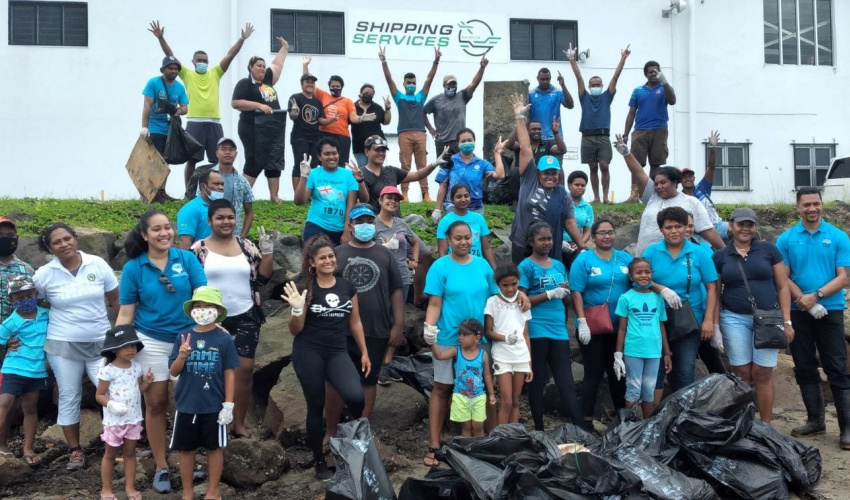
Fiji Women in Maritime Association (WIMA) World Fisheries Day clean-up campaign - PC Fiji WIMA
------------------------------------------------------------------
By Filimoni Yaya (GIS Officer, IUCN Oceania Marine Programme)
